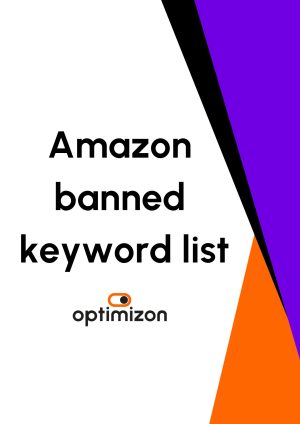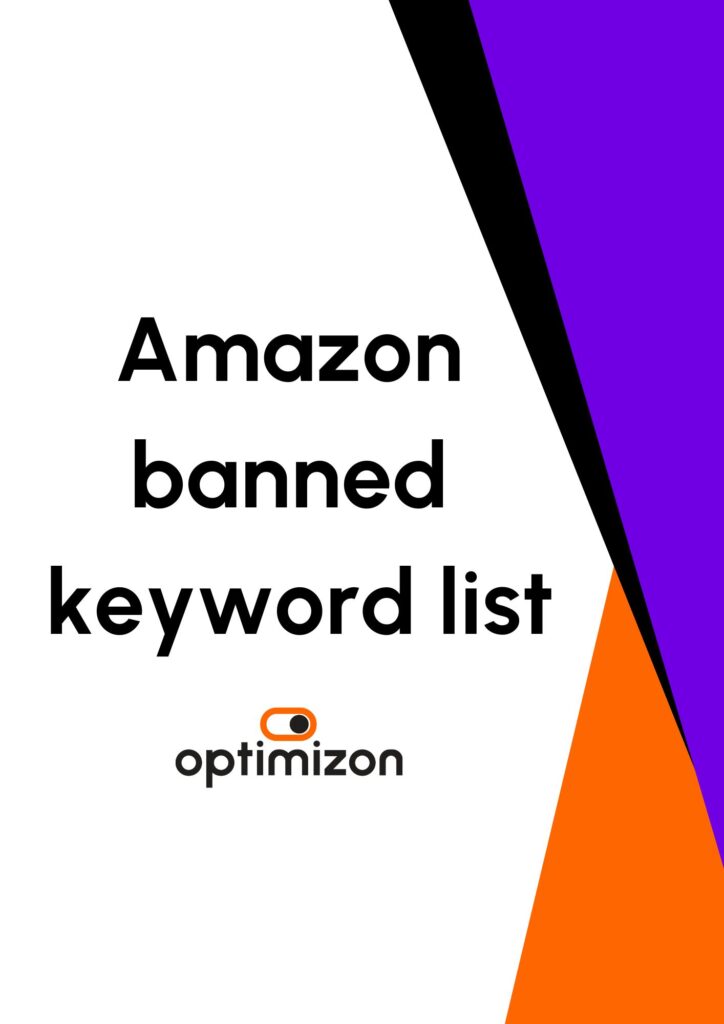When it comes to choosing a platform for selling online, Shopify and Amazon FBA are two of the most popular options. While both platforms allow you to sell products online, they differ significantly.
Shopify lets you create your own online store, so you don’t have to compete with anyone else on your page. It is a high-quality platform with a variety of app integrations, flexible design options, and high levels of security and reliability. Shopify also provides a variety of sales features and easy mobile responsiveness that make it a great option for online brands. Additionally, Shopify offers excellent customer service support, and its online security is top-notch. It’s the third-largest online retailer just behind eBay and Amazon, with over one million merchants running online stores.
Amazon FBA puts you in competition with all other sellers of the same or similar products but has a high volume of traffic. It has over 100 million Prime members, and serious eCommerce sellers cannot afford to ignore this market. Amazon sells on average over $17 million per hour, making it a platform for high-volume sales.
Other Amazon benefits include inventory storage, packing and shipping services. Although prepping for Amazon’s shipping and packaging requirements can be complex, Optimizon’s team of experts can help.
Get in touch if Amazon’s logistics requirements are giving you a headache! [email protected]
When choosing between Shopify and Amazon FBA, it depends on what you want most for your selling process and your branding. If you’re looking to create a brand that embodies your business, then Shopify might be the best platform for you. Gymshark the fitness and accessories brand used Shopify to launch in 2012. It started as a small online store on Shopify and quickly grew into a multimillion-dollar business. Today, Gymshark is one of the most successful online fitness brands and has a strong presence on social media.
However, if you want to sell products on a platform with a high volume of traffic and don’t mind competing with others who sell the same products, then Amazon FBA might be the better choice.
Anker, the consumer electronics company that specializes in mobile charging accessories, audio products, and smart home devices did this.
According to Marketplace Pulse June 2022 report, Anker’s revenue on Amazon in 2021 was estimated to reach $1.89 billion, and it has grown significantly since launching on the platform in 2011. The success on Amazon is due to its focus on product quality messaging, as well as its strategic use of Amazon’s advertising and promotion tools. The brand leverages Amazon’s sponsored product ads and deals to increase visibility and drive sales, and also utilizes Amazon’s customer feedback system to improve its products and respond to customer inquiries.
Anker’s success on Amazon demonstrates the potential for brands to launch and grow exclusively on the platform, building a loyal customer base.
If you want to benefit from both platforms, you can use them together. Integrating Shopify with Amazon FBA is possible, but it requires some technical knowledge. One way to do this is by using an app like Codisto. This app allows you to list your Shopify products on Amazon and fulfill orders using Amazon FBA.
Chat to our consultants to integrate Shopify with Amazon seamlessly. Contact us at [email protected]
Top 10 Pros of Shopify:
- Brand control: With Shopify, you have complete control over your brand and customer experience. You can customize your online store to match your brand and messaging, while with Amazon, you’re limited to the standard Amazon interface.
- Cost: Shopify’s fees are more straightforward and may be lower, depending on the size of your business. They offer a variety of pricing plans that are scalable, so you can choose the one that best fits your needs and budget.
- Flexibility: Shopify is a more flexible platform in terms of what you can sell and how you can sell it. You can sell physical products, digital products, subscriptions, and more. They also have a wide range of app integrations available that can help you expand your store’s functionality.
- Customer data: With Shopify, you have access to customer data that Amazon does not provide, such as email addresses, which can be valuable for marketing purposes.
- Security and reliability: Shopify is known for its high level of security and reliability. They use SSL encryption to protect customer data and have multiple servers and backups to ensure uptime and stability.
- Mobile responsiveness: Shopify is designed to be mobile-responsive, meaning that your online store will look great on any device, whether it’s a desktop computer or a smartphone.
- Customer support: Shopify offers 24/7 customer support via phone, email, and live chat. Their customer support team is known for being responsive and helpful.
- SEO optimization: Shopify has built-in SEO features that can help you optimize your online store for search engines like Google. This can help you attract more traffic and customers.
- Payment options: Shopify offers a variety of payment options, including credit cards, PayPal, and Apple Pay. They also have their own payment gateway, Shopify Payments, which can simplify the payment process for both you and your customers.
- Multi-channel selling: With Shopify, you can sell your products not only on your own online store, but also on other channels like Facebook, Instagram, and Amazon.
Top 10 Pros of Amazon FBA:
- High volume of traffic: Amazon is one of the largest online marketplaces in the world, with millions of customers shopping every day. This can translate into a lot of potential customers for your products.
- Inventory storage: Amazon FBA allows you to store your inventory in their warehouses, which can save you time and money on storage costs.
- Packing and shipping services: Amazon FBA also takes care of packing and shipping your products to customers, which can save you time and effort.
- Prime membership: Amazon has over 100 million Prime members, who receive free two-day shipping on eligible products. This can help you attract more customers and increase sales.
- International selling: Amazon FBA allows you to sell your products in multiple countries, which can expand your customer base and increase revenue.
- Amazon branding: By selling on Amazon, you can leverage the trust and familiarity that customers have with the Amazon brand. This can help increase sales and build trust with new customers.
- Competitive pricing: Because Amazon is a competitive marketplace, you may be able to sell your products at a higher volume and at a lower price point, depending on your niche and competition.
- Advertising options: Amazon offers a range of advertising options, including sponsored products, sponsored brands, and sponsored display ads. These can help you increase visibility and drive sales.
- Analytics and data: Amazon provides sellers with access to detailed analytics and data, including sales reports, customer demographics, and keyword performance. This can help you make data-driven decisions and optimize your sales strategy.
- Cross-promotion: increase the visibility and sales for your brand by showing recommendations of similar products to customers viewing a particular product.
In conclusion, both platforms have their advantages and disadvantages. The best option for you depends on your business needs and goals.
Our marketplace specialists will be happy to give you advice on your Shopify, Amazon or integration needs. Contact us at [email protected]





